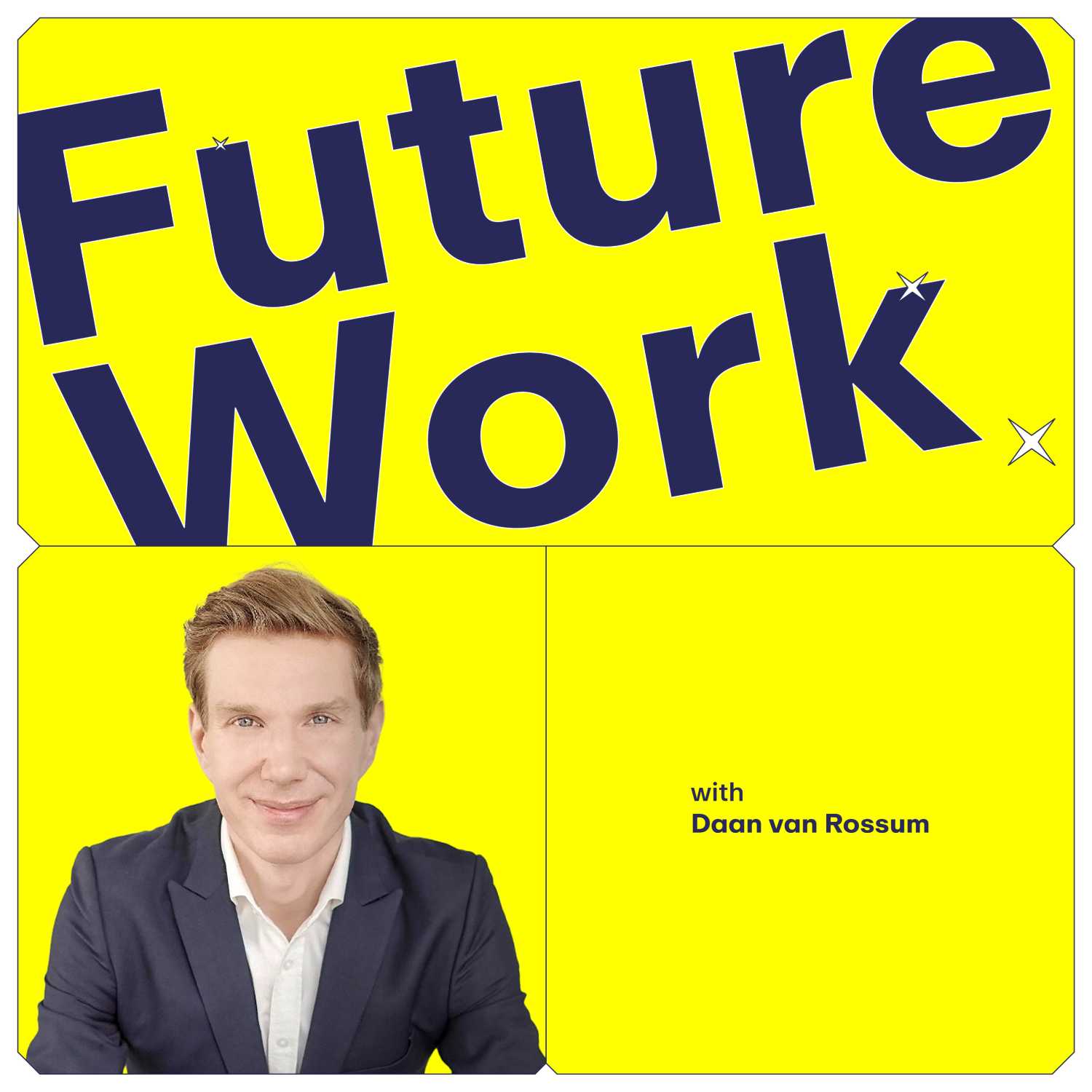- After-Shows
- Alternative
- Animals
- Animation
- Arts
- Astronomy
- Automotive
- Aviation
- Baseball
- Basketball
- Beauty
- Books
- Buddhism
- Business
- Careers
- Chemistry
- Christianity
- Climate
- Comedy
- Commentary
- Courses
- Crafts
- Cricket
- Cryptocurrency
- Culture
- Daily
- Design
- Documentary
- Drama
- Earth
- Education
- Entertainment
- Entrepreneurship
- Family
- Fantasy
- Fashion
- Fiction
- Film
- Fitness
- Food
- Football
- Games
- Garden
- Golf
- Government
- Health
- Hinduism
- History
- Hobbies
- Hockey
- Home
- How-To
- Improv
- Interviews
- Investing
- Islam
- Journals
- Judaism
- Kids
- Language
- Learning
- Leisure
- Life
- Management
- Manga
- Marketing
- Mathematics
- Medicine
- Mental
- Music
- Natural
- Nature
- News
- Non-Profit
- Nutrition
- Parenting
- Performing
- Personal
- Pets
- Philosophy
- Physics
- Places
- Politics
- Relationships
- Religion
- Reviews
- Role-Playing
- Rugby
- Running
- Science
- Self-Improvement
- Sexuality
- Soccer
- Social
- Society
- Spirituality
- Sports
- Stand-Up
- Stories
- Swimming
- TV
- Tabletop
- Technology
- Tennis
- Travel
- True Crime
- Episode-Games
- Visual
- Volleyball
- Weather
- Wilderness
- Wrestling
- Other
Stanford Professor Nick Bloom: What the Media Gets Wrong about Hybrid and Remote Work
Today, we’re kicking off our second season with an extra-long episode featuring Professor Nick Bloom of Stanford University.Nick has been researching work from home for over 20 years. He was heavily involved with policy, including meeting President Obama and speaking at the White House 2014 Working Families Summit.Nick isn’t just collecting and analyzing data on tens of thousands of employees, he also consults with 100s of CEOs and managers. His work has been covered extensively by the New York Times, Wall Street Journal, CNN, BBC, Financial Times, and the Economist.He was called the “Prophet of remote work” by Fortune Magazine, “America’s best work-from-home expert” by Business Insider, elected to the Bloomberg 50, and one of our 55 Top Remote Thought Leaders.Today, we talk about why the media is often wrong about hybrid and remote work, what people want from work, why the office as we knew it is never coming back, and what the opportunities are for employees globally now that work is becoming more remote, including:Media versus data. The media is incentivized to paint remote work negatively. Nick’s panel data and another source like Kastle, which measures actual swipe-ins into the office, are flat in 2023; people are not returning more than before. Data over anecdotes, as Nick says.Remote = positive. Nick’s research shows no real negative impact on productivity. As he says, offering remote working days is a huge benefit for employees who value it about the same as an 8% pay increase.Intentional office days. Don’t let people return to the office to be on Zoom calls. As Nick said, focus on one-on-ones, mentoring, group meetings, problem-solving, training, presentations, etcetera. People come back to the office to meet other people.Offices won’t disappear. There will be roles that always remain on site, and therefore offices will not disappear. But they will have to be good enough to want to spend time in, which means bad news for ugly, old offices and office buildings.Global employees’ opportunities. If we can make jobs remote, people in Southeast Asia can take much better-paying jobs while working where they live. This is an amazing opportunity for our region.Outcomes, not keystrokes. Nick calls this the Marissa Meyer point, referring to when she took over Yahoo when it was a fully remote company. We need a better framework for measuring and evaluating good work to successfully manage hybrid and remote teams. And to be clear, this is not surveillance, it's not watching keystrokes.I hope the insights from this interview serve as a reminder or even a wake-up call to follow the data and focus on giving people more flexibility to mold work to their lives rather than vice versa.Start with people, then design work schedules, work days, and offices around them.For more Nick, follow him on LinkedIn and Twitter. Find all of Nick’s research data on WFHResearch.

